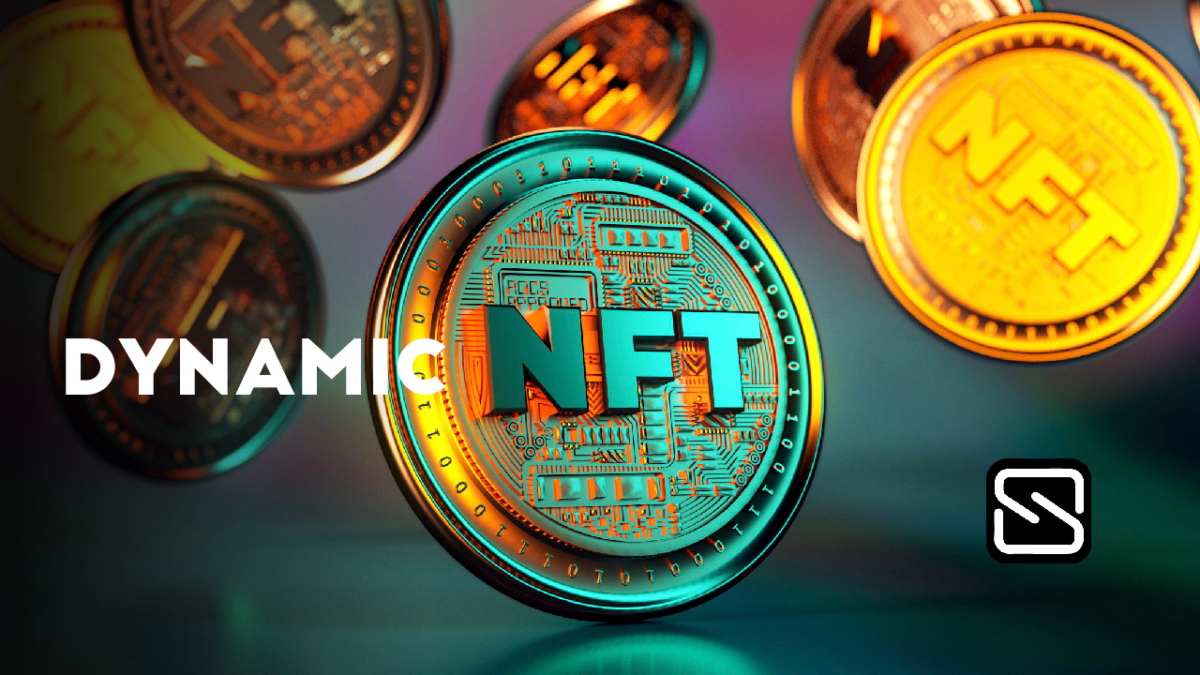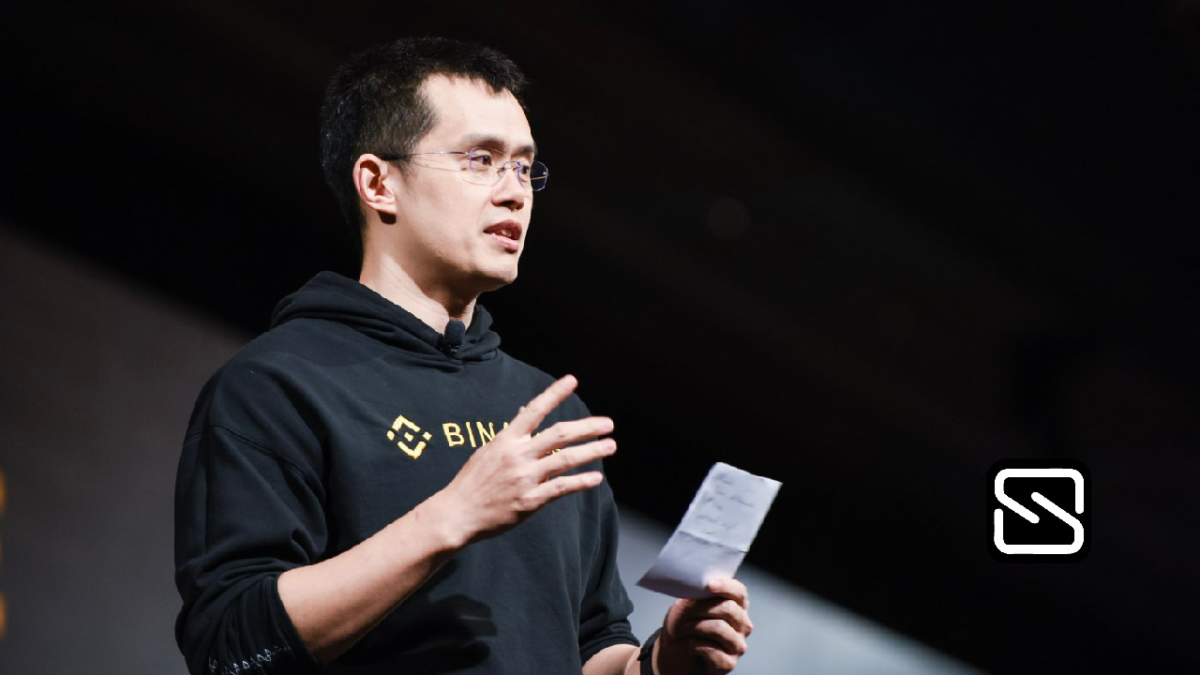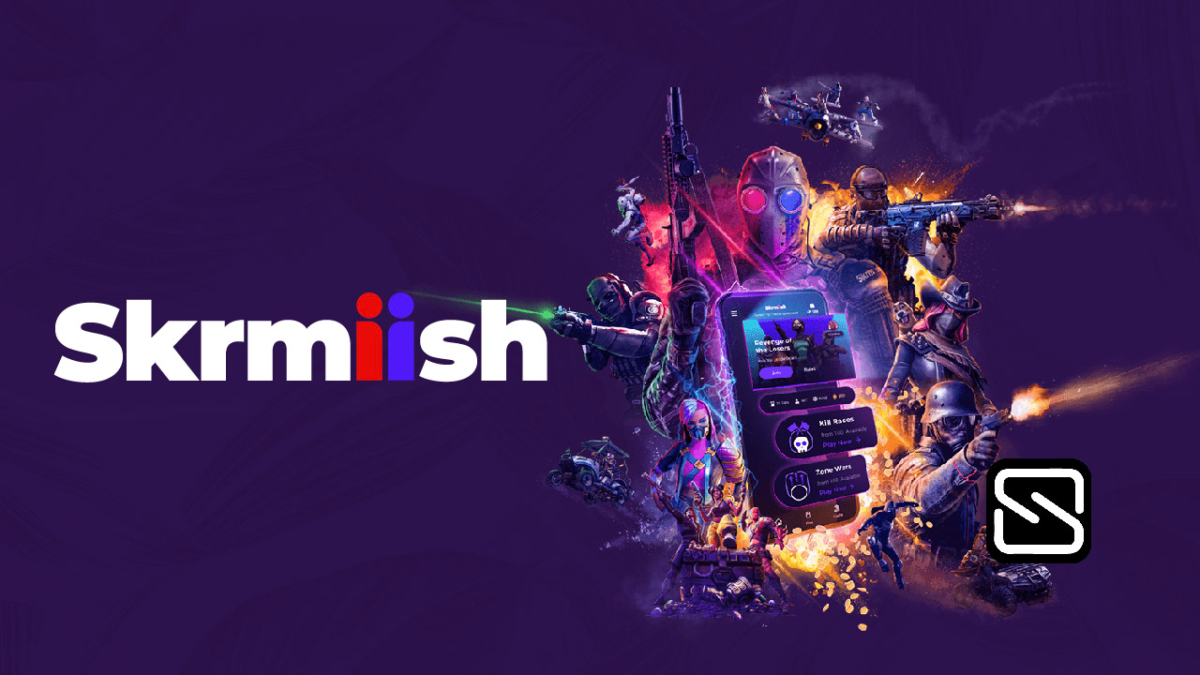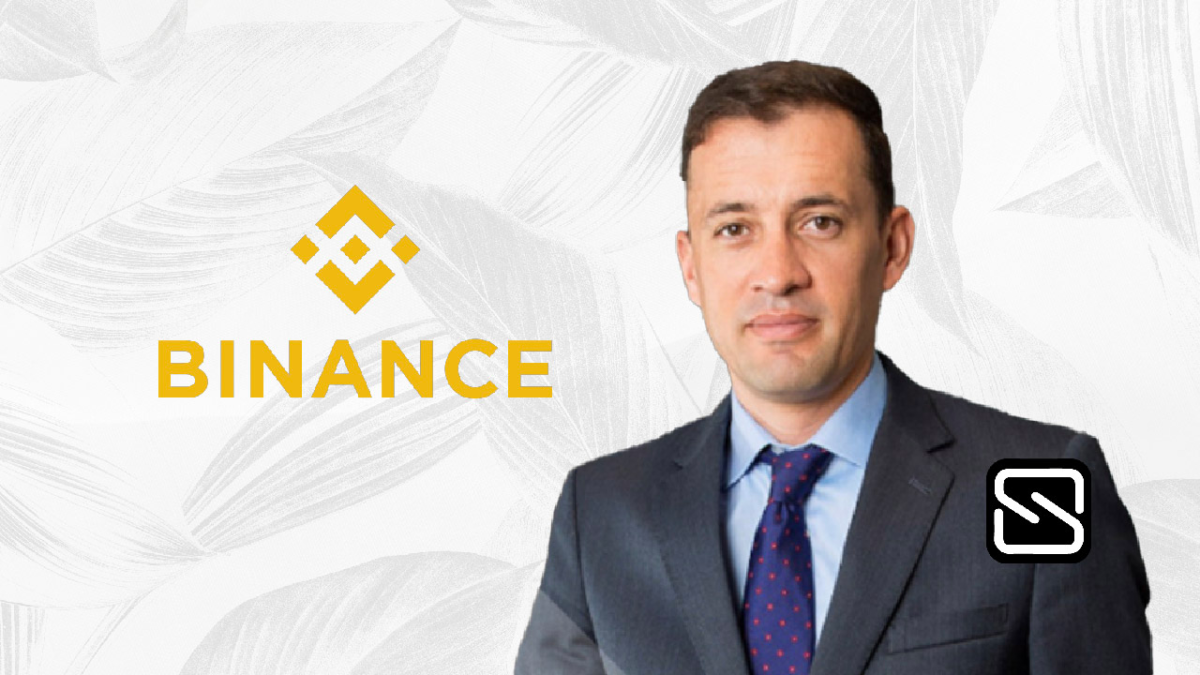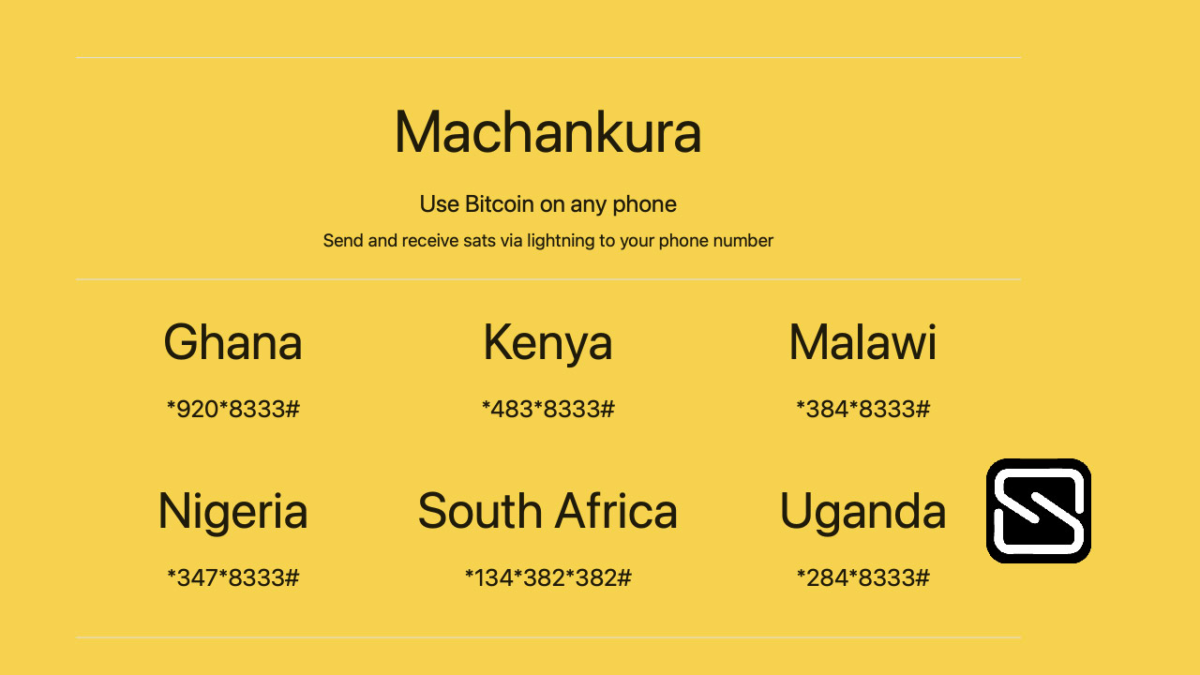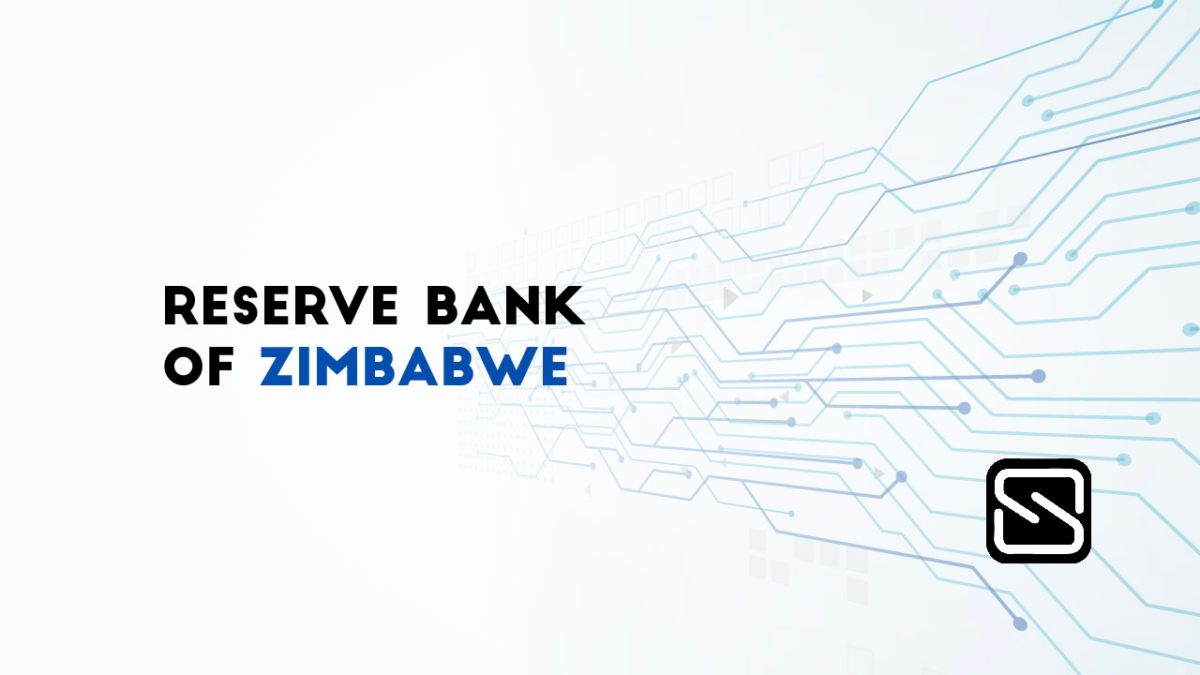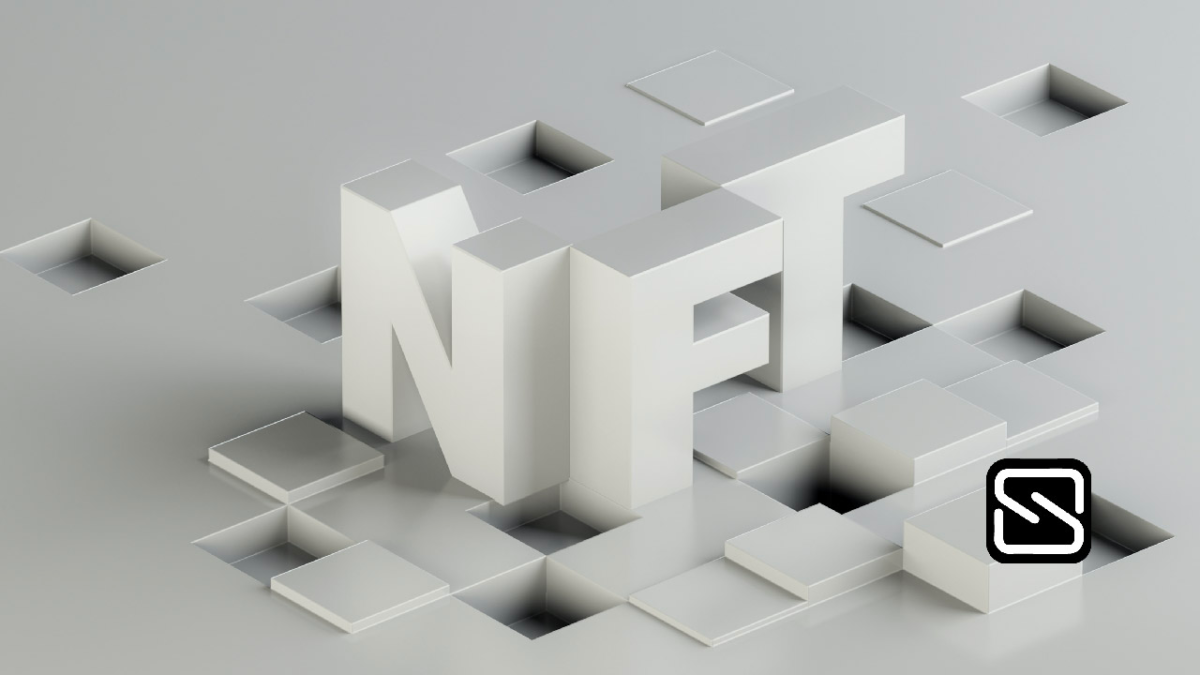Skrmiish, a gaming startup based in Cape Town, South Africa is planning on scaling across the world after securing a US$2.5 million seed round.
The enterprise is offering a mobile play-to-earn (P2E) application that enables gamers of every level to earn cash in every match they play across the AAA+ games they love.
The startup has already acquired over 100,000 players across more than 100 jurisdictions around the globe and has now raised $2.5 million in seed funding from investors including Launch Africa Ventures, the Blockchain Founders Fund, and Stellar to help it accelerate its growth.
Launched in 2021, Skrmiish has developed a feature called MoneyMatch that allows players to earn real cash in every match they play, without having to wait for a tournament or find a peer to challenge.
MoneyMatch combines a conventional sportsbook method with conventional AAA+ gameplay and offers it live throughout the UK and Europe. After syncing Skrmiish with their game accounts, players receive their MoneyMatch Rating (MMR), which is based on their performance data.
Although he founded a sports-specific creative agency, Chris Heaton, the startup’s co-founder and managing director, noted that his expertise is in marketing and advertising. He also added that he met co-founder Roland Reed in 2017 when creating some content for SA Rugby and its sponsors.
“Roland comes from a production background and was the head of production on that project. We got talking about the world of gaming and esports. Back then, my knowledge of this world was limited, but what intrigued me was how much money was moving from my bank account to my eight-year-old’s account and then onto Epic games and into Fortnite for skins and dance moves, with no skill-based benefit whatsoever,” Heaton said.
He added, “I started to talk to Roland about the Poker Stars model and how they democratized the world of poker – giving any poker player of any skill level the ability to play for fun or for cash anytime, anywhere. Back in 2017/2018, there was not a lot of opportunity for the more casual side of the video gaming market to be able to play for cash. This was limited exclusively to the pros and the million dollar streamers, which make up only one percent of the now US$200 billion market.”
The pair decided to build an inclusive environment with some cool technology that would give gamers everywhere the ability to play-to-earn in the games they already love. A PoC was built in early 2019, with the startup securing some angel investment at the same time. CEO Luke Grob later came on board in 2020, and Skrmiish launched its bootstrapped MVP into the market in January 2021.
While talking about the company’s background Heaton also said, “We realized that we needed to rebuild the product from scratch with all the learnings and the expanded team that we now have. Luke drove a new approach to future proof our financial system with a blockchain-based wallet system, giving users complete control of their funds in the Skrmiish ecosystem and the ability to play-and-earn crypto.”
The free-to-play Skrmiish version two went live in August 2021 and had 100,000 downloads by the end of the year. Its first pay-to-play feature went live earlier this year, and the startup already has 60 percent week-on-week retention of gamers on MoneyMatches.
Heaton said its seed round has given it two years’ worth of runway to acquire customers and gather the data it needs to build into a proper Series A at the end of next year to shoot the lights out.
The free-to-play features are available worldwide, bar a few black-listed countries, with the Skrmiish MoneyMatch feature available in the UK, EU, and the Nordics to about half a billion players.
Heaton added that the company will be switching on the US, Latin America, and further in Africa in the next three-to-four months, with Asia shortly thereafter.



